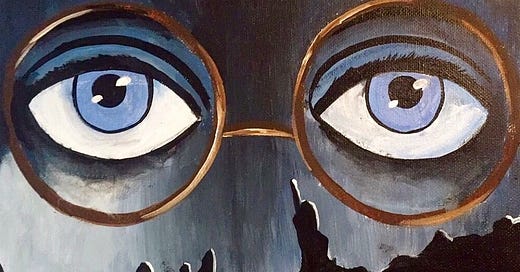Few novels have captured the soul of an era like The Great Gatsby. On the surface, F. Scott Fitzgerald’s masterpiece is a tale of wealth, romance, and tragic ambition set against the shimmering backdrop of the Roaring Twenties.
But beneath the glitz and glamour, the novel is a cautionary tale — one that foretells the very same crises we face today.
Gatsby’s world is one of excess, where men are either weak or reckless, women are lost in their own illusions, and the pursuit of pleasure drowns out meaning. In our own Roaring 20s, social media has replaced Gatsby’s grand parties, “high-value men” echo Tom Buchanan’s toxic bravado, and modern relationships suffer the same delusions that haunted Gatsby and Daisy.
The Great Gatsby isn’t just a novel, but a prophecy. This year, it turns 100 years old, so now is the perfect time to analyze Fitzgerald’s American masterpiece — and what it reveals about our modern age…
Keep reading with a 7-day free trial
Subscribe to The Culturist to keep reading this post and get 7 days of free access to the full post archives.





